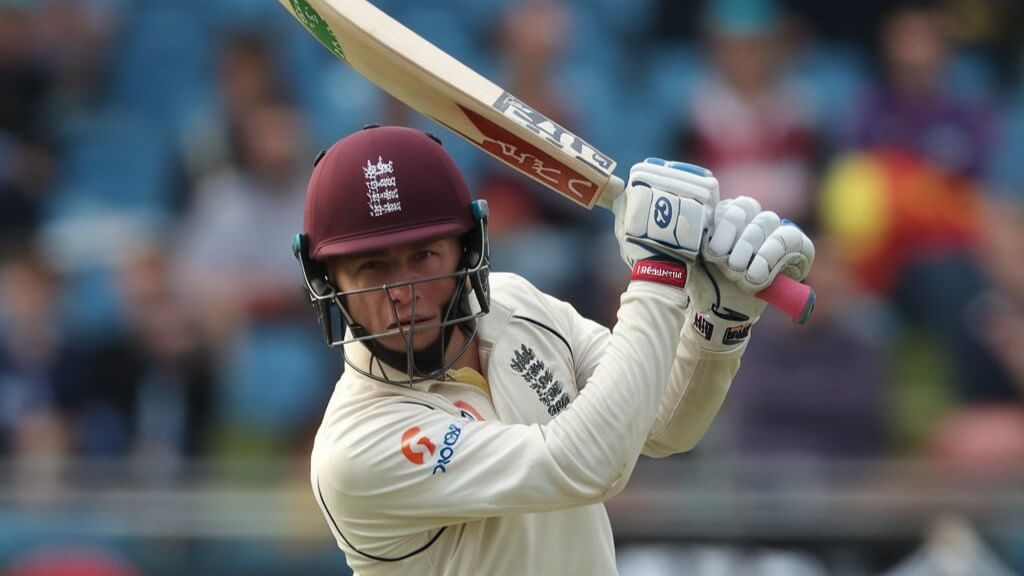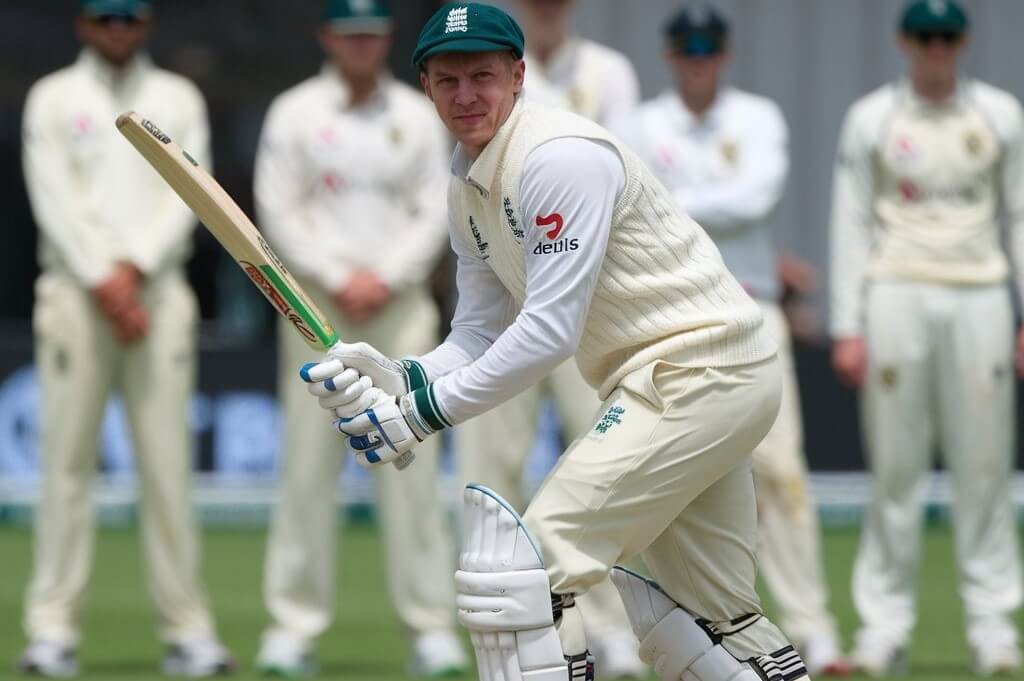Cricket: The Game of Kings! Discover the Rich History Behind Your Favorite Sport!
Cricket in India is not just a sport; it is a cultural phenomenon that binds the nation. The sport has a rich history and has evolved from its colonial roots to become one of the most popular and celebrated games in the country. The reverence for cricket in India transcends regional, linguistic, and cultural barriers, making it an integral part of the Indian ethos.
The beginnings of cricket in India can be traced back to the 18th century, introduced by British colonists. The first recorded match took place in 1721. By the late 19th century, Indian teams began to take shape, and the first Indian cricket club, the Parsee Cricket Club, was formed in 1848. The establishment of the Board of Control for Cricket in India (BCCI) in 1928 marked a significant step in the formalization of cricketing governance in the country.


India's journey in the international cricketing arena began in 1932 when it played its first Test match against England at Lord's. The performance was modest, but it laid the groundwork for future generations. The post-independence era saw a resurgence in Indian cricket, marked by iconic players like Kapil Dev, Sunil Gavaskar, and Sachin Tendulkar. Kapil Dev’s leadership during the 1983 Cricket World Cup is often credited with igniting a cricketing revolution in India, as the team lifted the coveted trophy, defeating the West Indies in the final.
The 1990s ushered in the era of television, which played a crucial role in popularizing cricket. Major events like the 1996 Cricket World Cup, which India co-hosted, further fueled the cricketing fervor. The emergence of Sachin Tendulkar, often referred to as the "Little Master," captured the imagination of millions. His records and performances turned him into a national hero, and he became synonymous with Indian cricket for over two decades.
In the 21st century, Indian cricket witnessed another transformation with the advent of the Indian Premier League (IPL) in 2008. The IPL, a franchise-based T20 tournament, revolutionized the way cricket was consumed in India. It not only brought global superstars to play alongside local talent but also popularized a shorter format of the game that appealed to modern audiences. The IPL's high-octane matches, glitzy ceremonies, and involvement of Bollywood celebrities attracted a new generation of fans.
Cricket has also made strides off the field in India, with the BCCI being one of the richest and most powerful cricket boards globally. The sport plays a crucial role in the nation’s economy, generating substantial revenue through endorsements, broadcasting rights, and merchandise sales. It offers lucrative career opportunities for players, coaches, and support staff.


Despite its popularity, cricket in India faces challenges. Issues like match-fixing scandals, player burnout, and the need for better infrastructure and grassroots development remain areas that require attention. However, the passion for the game is unwavering, with millions gathering in front of televisions or at stadiums to support their favorite teams.
In conclusion, cricket in India is more than just a game; it is a unifying force that brings together people from diverse backgrounds. The future of cricket in India looks promising, with a rich pool of emerging talents and continued investment in the sport. As the country continues to evolve, cricket will remain a central pillar of Indian society, resonating with the hearts of its people for generations to come.